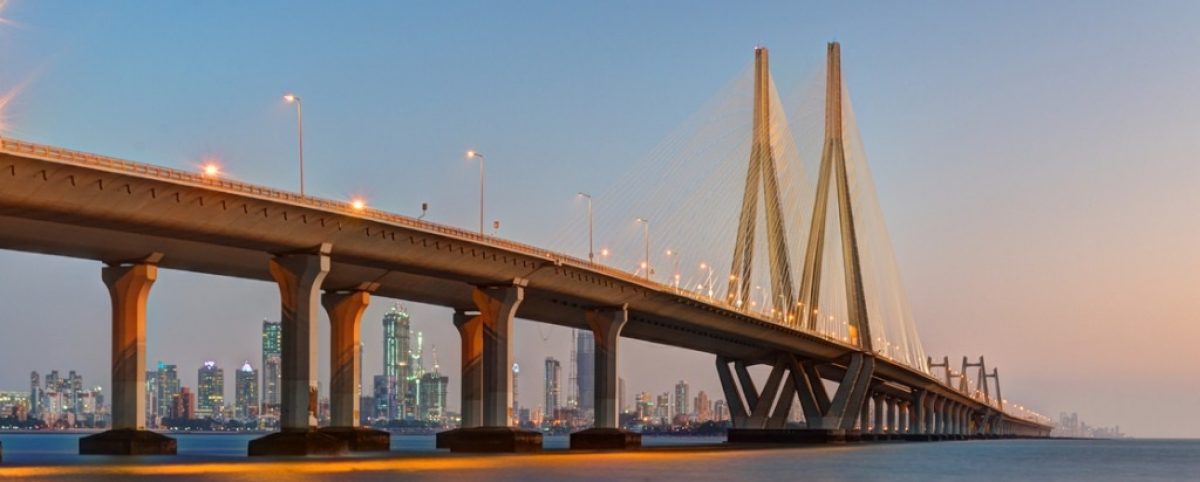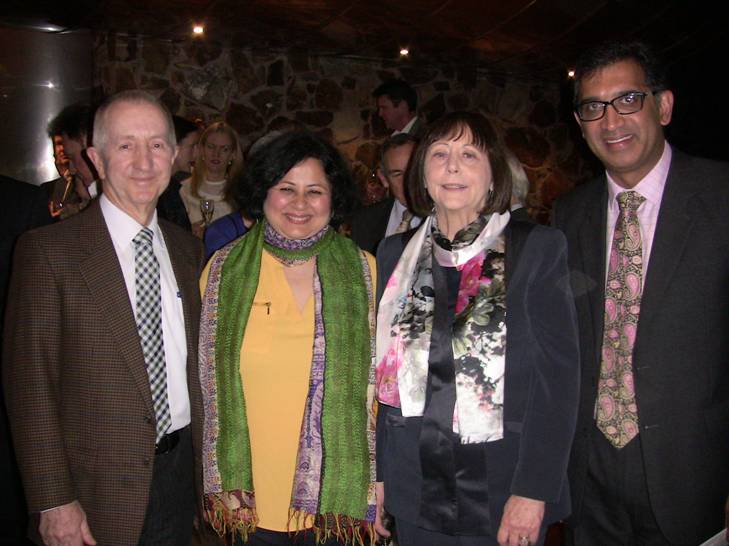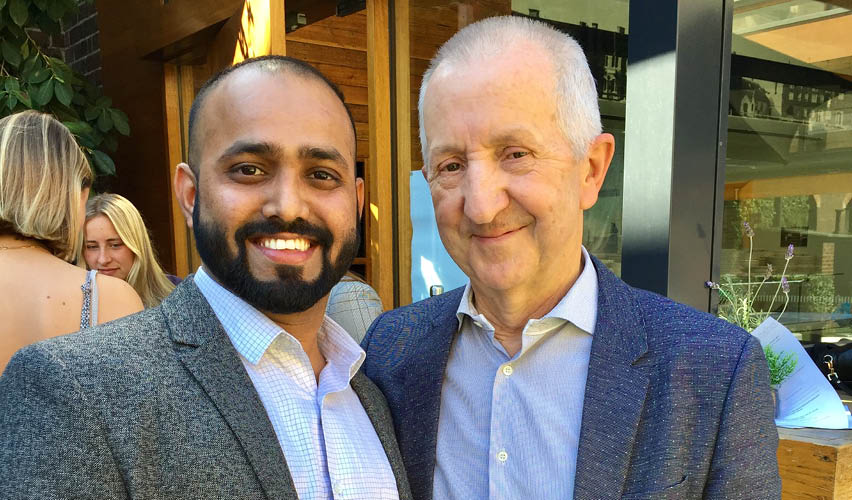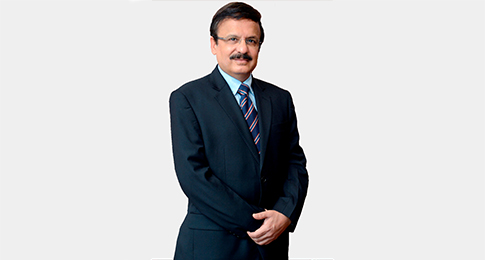We have heard about soft power diplomacy and hard diplomacy, but India is showing another way through “vaccine diplomacy”. It could show Australia and other Indo-Pacific Region countries an alternative diplomacy template.
Right now, Australia is too often the first country to call others out, it is known for “hard talking diplomacy” (sometimes at great cost such as the recent trade dispute with China) and Australia is also known predominately as a close ally of the United States of America. These are not positions that find much favour in a rapidly changing region.
How has India created an alternative diplomacy?
First, India accepts global realities, such as the future dominance of China and the USA, so it tries to find the right niche or niches for itself. It has worked hard to develop and promote a reliable reputation in global pharmaceuticals, to the point it is more trusted in this area of production than Russia or China. The UN Secretary General Antonio Guterres has called India’s vaccine manufacturing capacity the “best asset in the world.”
Second, in a distinctively Indian way, India has built generosity into its diplomacy. India has already supplied more than five million vaccines to its neighbouring countries—Bangladesh, Sri Lanka, Nepal, Bhutan and Myanmar—as well as additional quantities to other emerging economies like Brazil. This Vaccine Maitri (Vaccine Friendship) will not be forgotten by the people of those countries.
To put this generosity in context, India is the worst affected by Covid19 in terms of numbers and needs to vaccinate 700 million people at home.
Third, Indian Prime Minister Narendra Modi is a strong advocate of business and of building transparency and trust across business activities. This, in part, has led to the development of a globally competitive pharmaceutical and biotech industry in India. The “vaccine diplomacy” is built on this foundation of strong private industry.
Part of the success of India’s pharmaceutical industry is an almost accidental outcome of long-term price controls in their domestic markets which forced the pharmaceutical sector into world markets, thereby becoming more competitive with higher quality.
It is one thing to have a strong pharmaceutical sector – it is quite another creative step to use “vaccine diplomacy” as India seeks to define its niche in the modern world.
For countries that struggle with the subtleties required in diplomacy, India has created a template – accept the reality of global power, find your niche and use “out of the square” thinking such as generosity to reinforce that niche.







